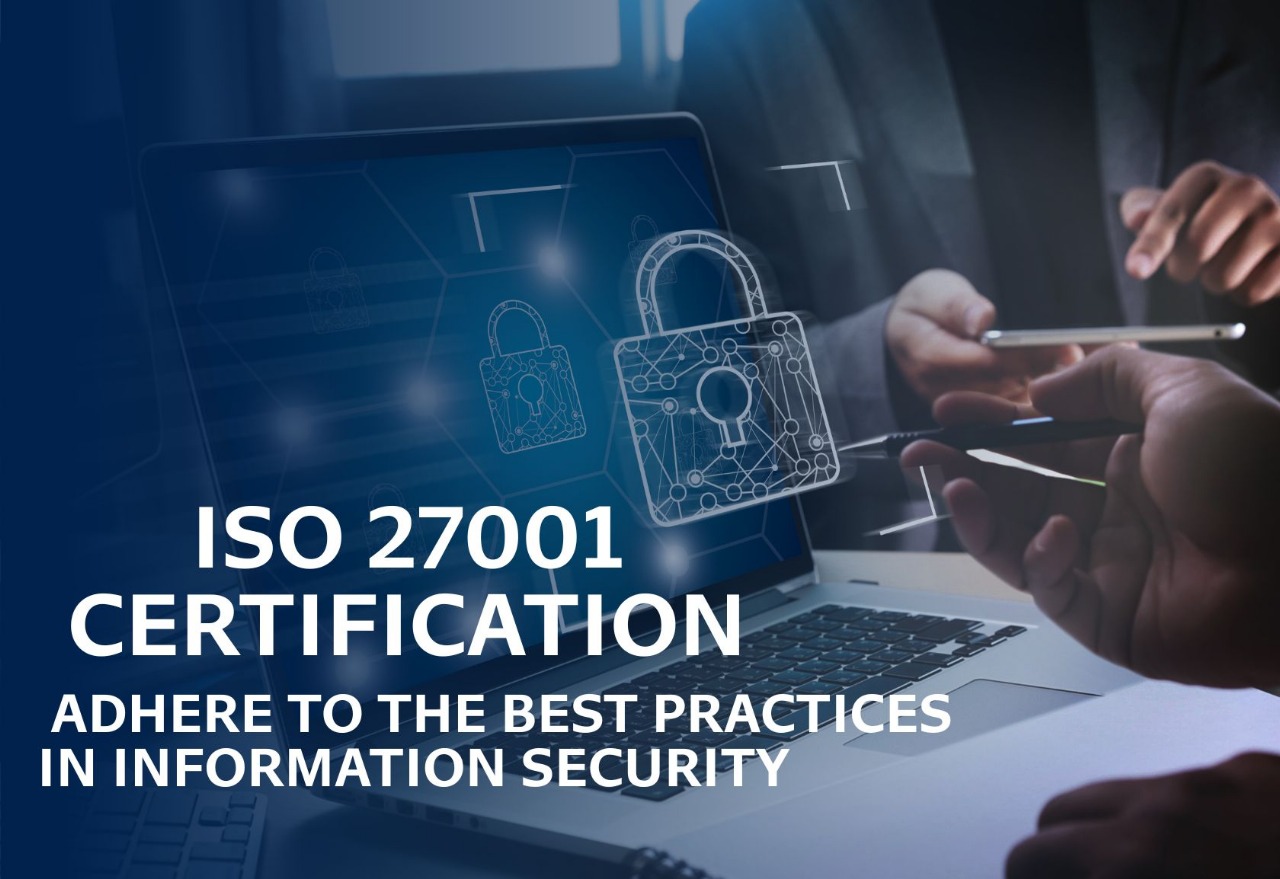As digital transformation takes over businesses and public services across the Philippines, the risks of cyber threats, data breaches, and non-compliance with global standards grow just as fast. This has made information security not just an IT issue, but a business-critical one.
This is where ISO 27001 certification comes into the picture. It is the international gold standard for managing information security. For Philippine organizations, adopting ISO 27001 is no longer a luxury or an afterthought. It has become a necessary step toward protecting data, ensuring trust, and staying competitive in a digital-first economy.
What Is ISO27001 Certification?
ISO/IEC 27001 is an international standard that defines best practices for implementing an Information Security Management System (ISMS). It provides a framework to help organizations protect sensitive data, manage risk, and ensure business continuity through well-documented policies, procedures, and controls.
But it’s not just about ticking compliance boxes. ISO 27001 builds a culture of security — something every organization, big or small, should aim for in the digital age.
The Philippine Context: Why Now?
Several forces are converging in the Philippines, making ISO 27001 more relevant than ever:
-
Rising Cyber Threats: Cyberattacks are becoming more sophisticated and frequent. Many local firms have faced phishing, ransomware, and data breach incidents — often with long-term consequences.
-
Digital Expansion: Businesses are rapidly moving services online. E-commerce, fintech, digital banking, and cloud-based tools are now the norm — making information security vital.
-
Government Modernization: With programs like the national digital ID and e-governance platforms, there’s a growing demand for secure systems across public and private sectors.
-
Global Trade & Outsourcing: Many Philippine firms operate in international markets or serve global clients. Having ISO 27001 certification boosts credibility and helps meet international partner requirements.
-
Transition Deadline: Organizations currently certified under the older 2013 version of ISO 27001 must transition to the updated 2022 version by October 31, 2025, or risk losing their certification status.
Benefits of ISO 27001 certification in the Philippines
Whether you’re a small startup, an enterprise, a BPO, or a government agency, ISO 27001 offers significant advantages:
1. Risk Management Made Systematic
It forces organizations to identify risks, assess their impact, and apply suitable controls. This reduces the chances of costly incidents like data leaks, service outages, or compliance violations.
2. Builds Customer Trust
With so many scams and breaches, customers want to know their data is safe. ISO 27001 certification is a powerful way to show you’re serious about protecting their information.
3. Supports Regulatory Compliance
Many local and international data protection laws align with ISO 27001 principles. Adopting the standard helps you comply more easily with current and future regulations.
4. Boosts Business Growth
For exporters, tech firms, or BPOs, ISO 27001 often becomes a requirement for working with overseas clients. Certification can open doors to new markets and long-term contracts.
5. Improves Internal Efficiency
By organizing processes, defining responsibilities, and improving awareness, ISO 27001 streamlines how teams handle data and respond to incidents.
Common Challenges in Implementation

Despite the benefits, many Filipino organizations struggle with ISO 27001 adoption. Here’s why:
-
Lack of awareness: Many decision-makers still view cybersecurity as a cost center rather than a strategic advantage.
-
Shortage of expertise: Skilled professionals who understand ISO standards and risk management frameworks are still in short supply.
-
Budget constraints: Smaller businesses may feel the initial investment is too high, though the long-term ROI is often worth it.
-
Cultural resistance: Employees may resist changes in policies, procedures, or behavior — especially if not backed by leadership.
How to Get Started
If you’re planning to adopt or transition to ISO 27001:2022, here are some practical steps:
-
Perform a gap assessment to understand how close your current practices are to the standard.
-
Build executive buy-in to secure funding and organization-wide support.
-
Assign a dedicated team or hire a trusted consultant to lead implementation.
-
Develop documentation, policies, and procedures tailored to your risks and operations.
-
Train your staff on security awareness and their roles in protecting information.
-
Schedule internal audits to identify areas for improvement before certification.
-
Engage an accredited certification body to conduct the final audit and grant your certificate.
Remember, ISO 27001 is not a one-time project. It’s an ongoing journey toward creating a resilient, secure organization.
FAQs on ISO 27001 in the Philippines
1. Is ISO 27001 mandatory in the Philippines?
No, it’s not mandatory by law, but it’s becoming a standard requirement in many industries — especially finance, tech, BPO, and government-related services.
2. What is the difference between ISO 27001:2013 and ISO 27001:2022?
The 2022 version includes updated terminology, a new structure for controls (aligned with the Annex A format), and a focus on emerging risks like cloud services and remote work.
3. How long does it take to get certified?
On average, the certification process takes 3–6 months, depending on your organization’s size, complexity, and readiness.
4. How much does ISO 27001 certification cost?
Costs vary widely — small companies might spend ₱300,000–₱800,000, while large enterprises may invest over ₱2 million, including consulting, training, and audit fees.
5. Can startups or SMEs get certified?
Absolutely. In fact, early-stage certification can give small firms a competitive edge when attracting partners or clients who prioritize security.

Final Thoughts
The Philippines is entering a new era of digital maturity — but with great opportunity comes great responsibility. ISO 27001 certification isn’t just about compliance; it’s about creating a strong foundation for digital trust, business growth, and resilience. Organizations that move early will be far better positioned to lead in this fast-changing landscape.
So whether you’re upgrading from the 2013 version, starting from scratch, or just exploring your options, now is the time to take action. Connect with our Global Quality Services team, and our experts will help you out. We have more than 20 years of experience to help your business achieve the certification.




